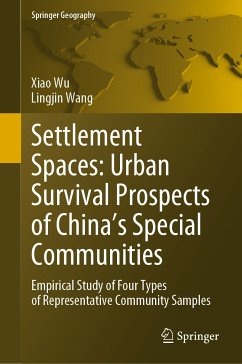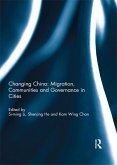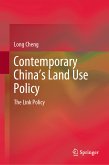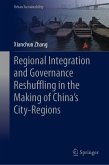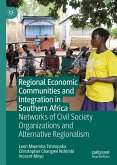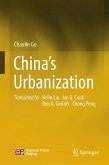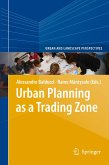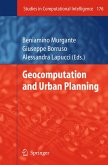This book examines the settlement space of special communities in China on the community scale from an interdisciplinary approach that combines perspectives from urban planning and sociology. Using the framework of integration response, it theoretically and empirically explores the approaches these communities adopt to survive and evolve. Empirically, this discussion centers on four particular groups, namely international students, land-lost peasants, ethnic minorities, and migrant workers, and offers an analysis of their settlement spaces from different perspectives. Theoretically, this study optimizes the logic of one-way integration as used in classical theories. By constructing a two-way linkage in the theoretical framework of integration response, it provides a multi-scenario interpretation and summary of the laws of survival and evolution that govern the urban settlements of special communities in China. This study conforms to the major transformations that China has undergonein the concepts, models, and orientation of its development since the 18th National Congress of the Chinese Communist Party. Furthermore, it renders profound research value and bears practical significance for the adjustment and management of urban spatial patterns in China, social care for marginalized groups, and the construction of a harmonious and moderately prosperous society. This study provides valuable reference for educators, researchers, and management personnel across various fields, including urban planning, geography, and sociology.
Dieser Download kann aus rechtlichen Gründen nur mit Rechnungsadresse in A, B, BG, CY, CZ, D, DK, EW, E, FIN, F, GR, HR, H, IRL, I, LT, L, LR, M, NL, PL, P, R, S, SLO, SK ausgeliefert werden.

